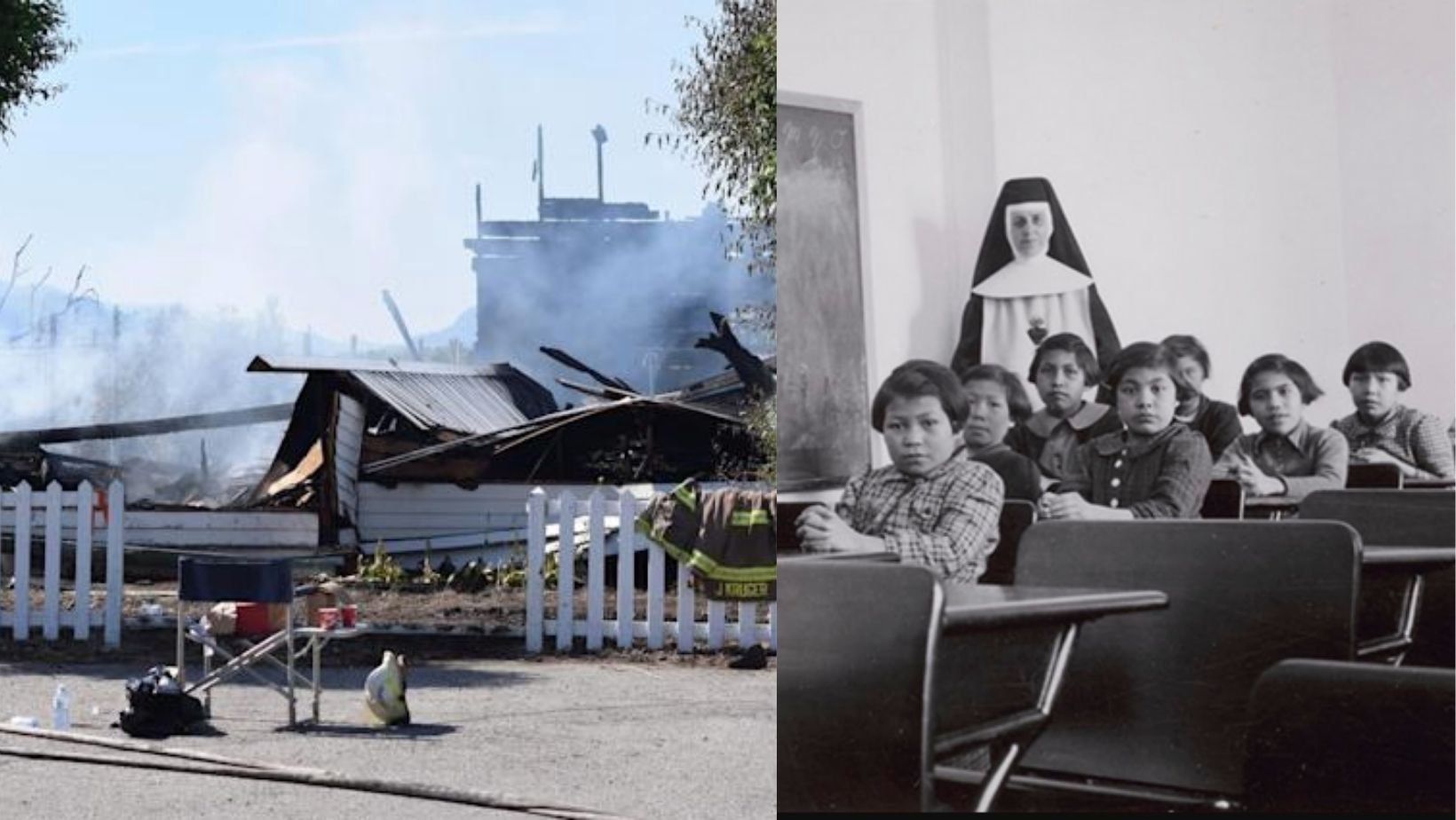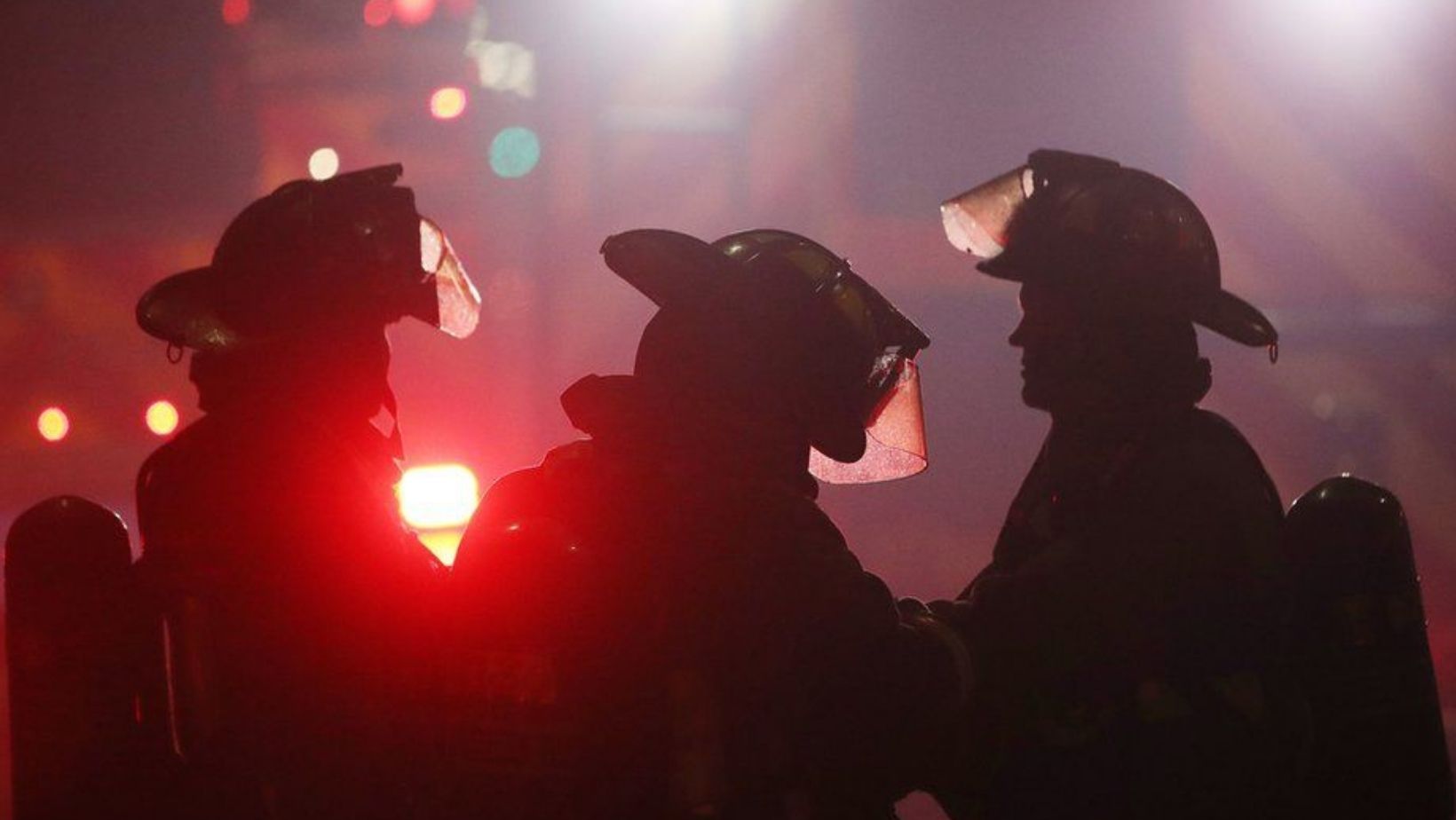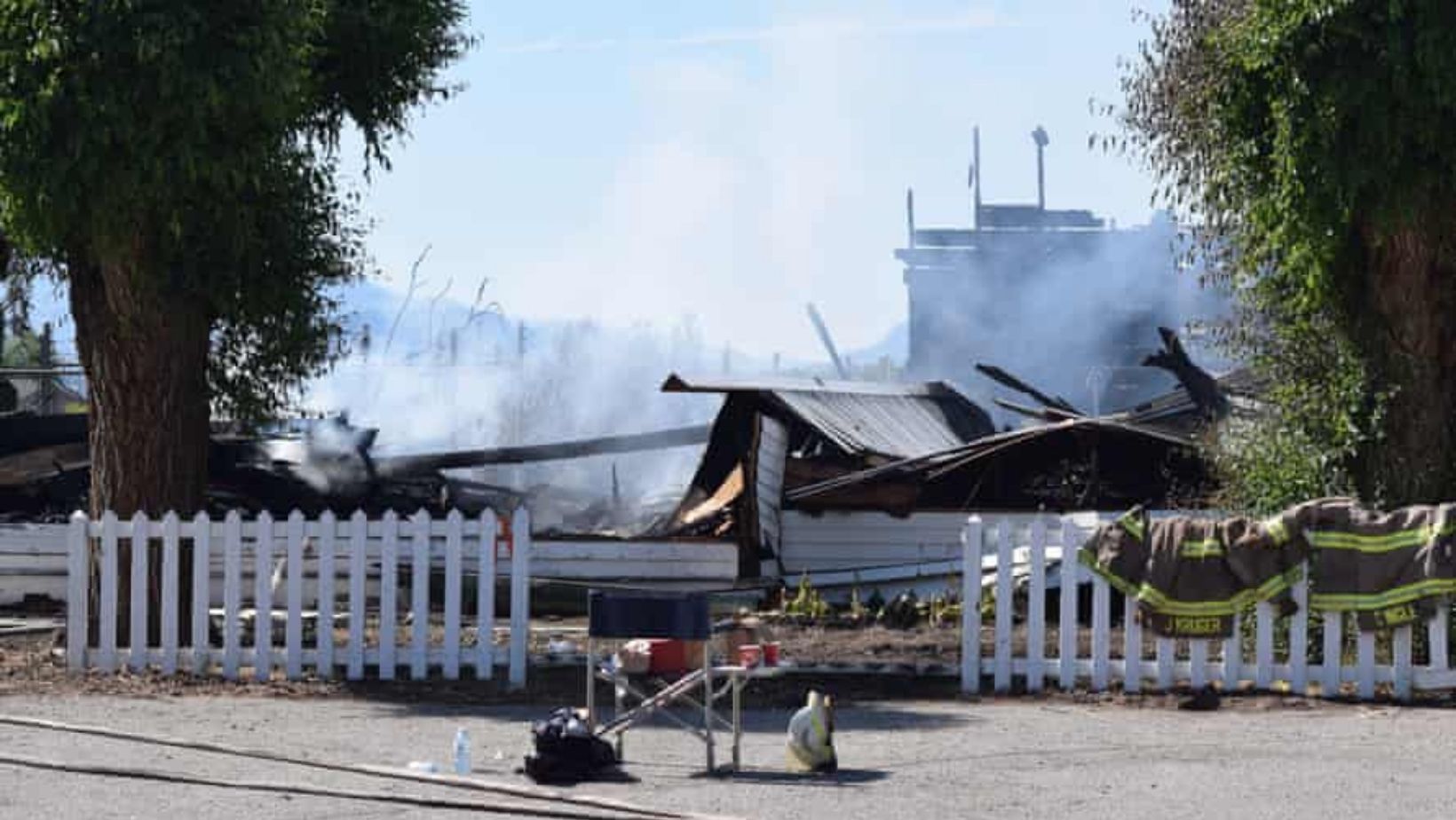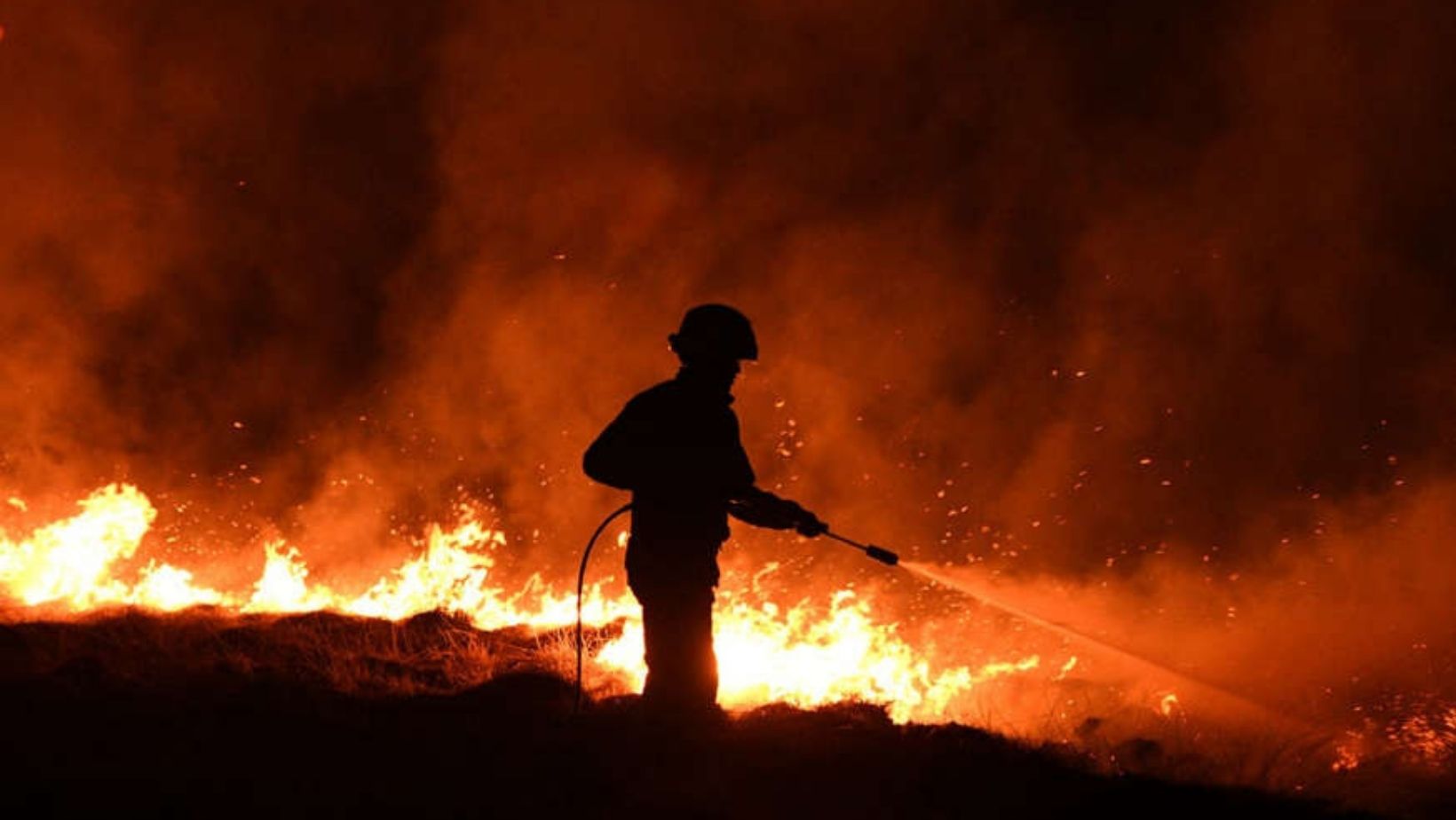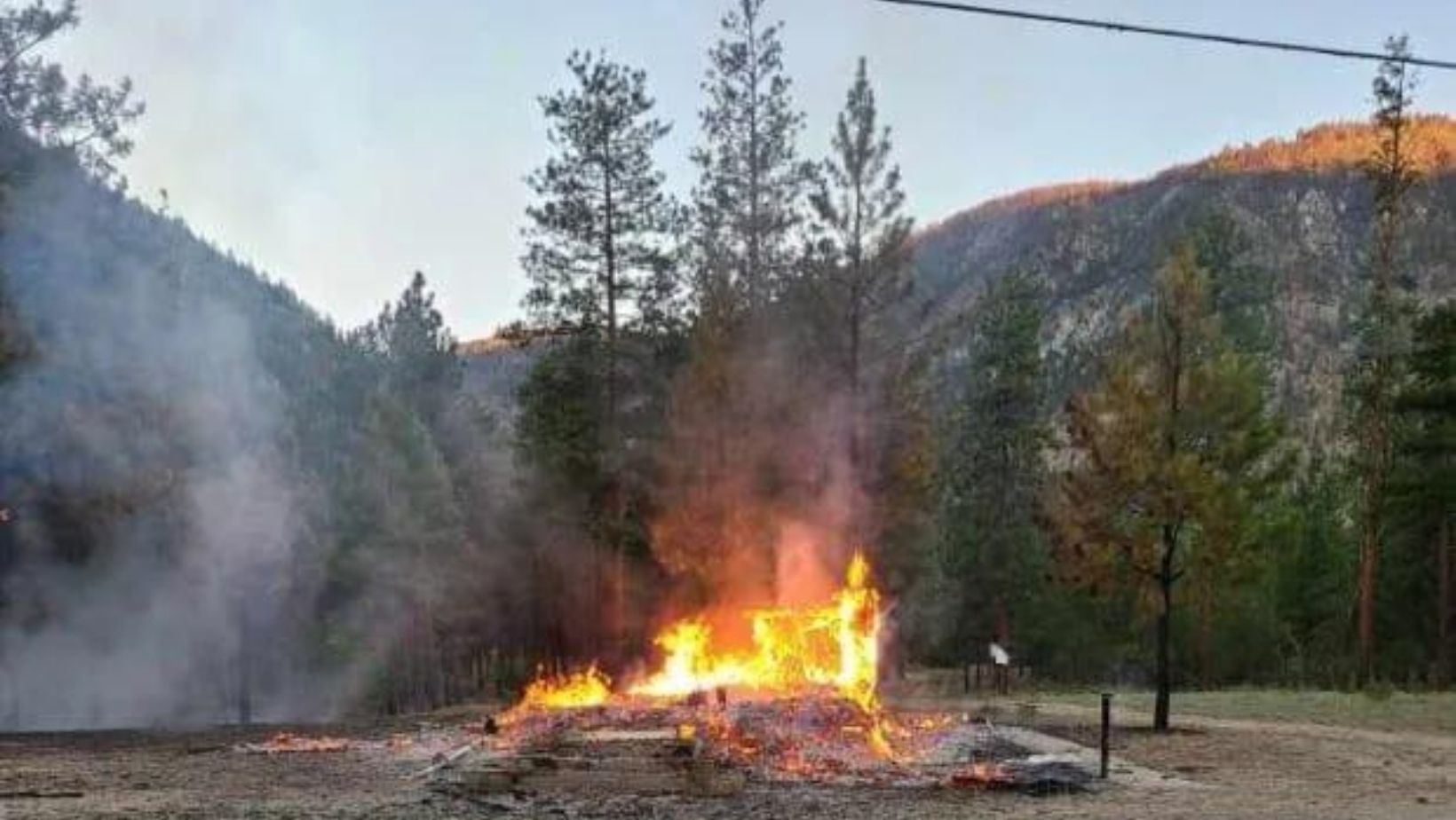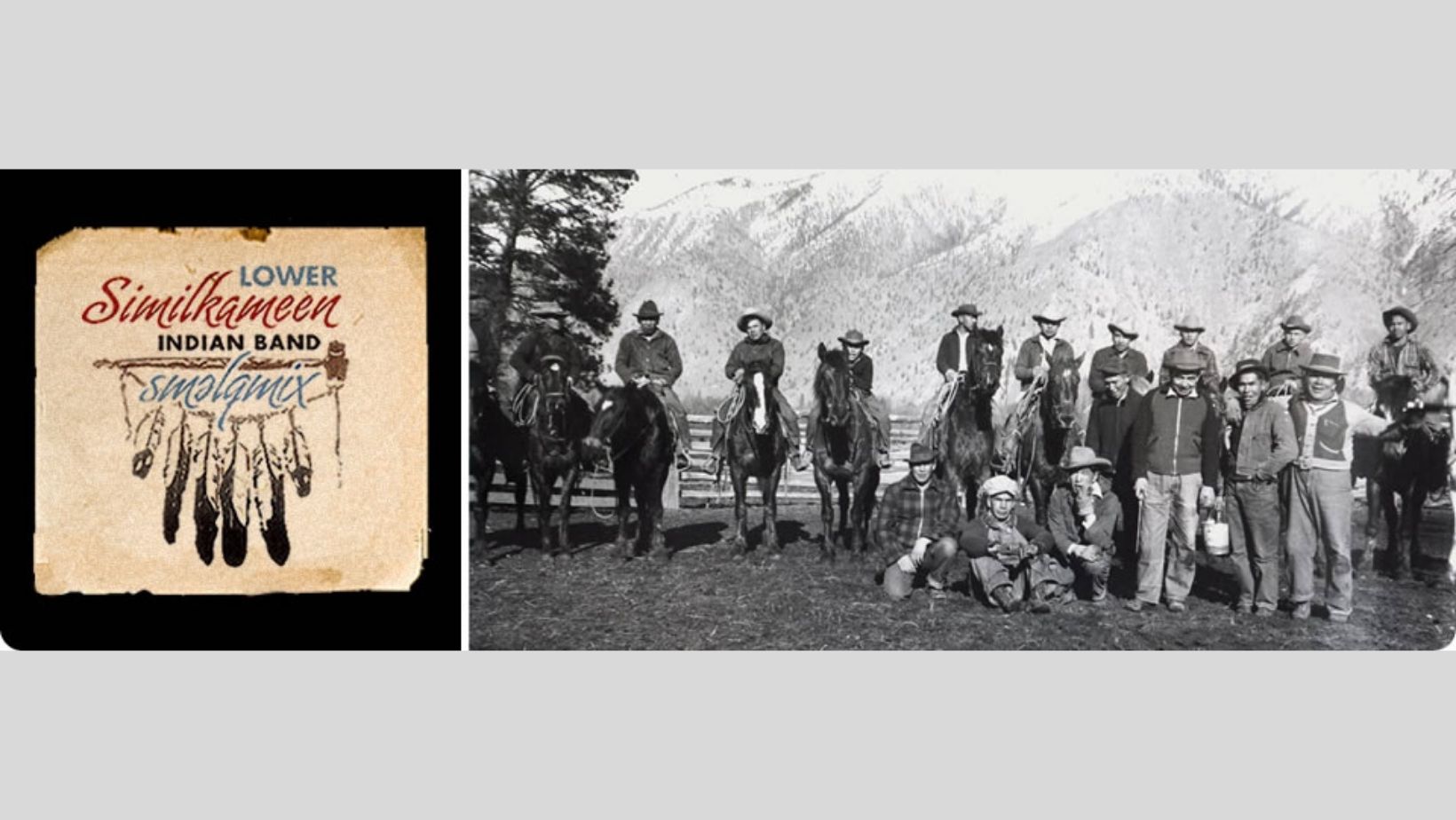On early Saturday, two more Catholic churches were destroyed by fire in western Canada.
The burnt churches were located near Indigenous communities at St Ann’s Church and Chopaka Church, which are located within an hour of each other in British Columbia.
The incidents of church burning come nearly a month after the Tk’emlups te Secwepemc First Nation found what they believe are the remains of 215 children at the Kamloops Indian Residential School, and 750 unmarked graves at the former Marieval (Cowessess) Residential School in Saskatchewan.
From the 19th century, more than 150,000 First Nations children were forced to attend state-funded Christian schools as part of a program to assimilate them into mainstream Canadian society.
The indigenous children were forced to convert to Christianity and not allowed to speak their native languages.
Many were beaten and verbally abused, and thousands died from disease, neglect, and suicide.
It is believed that up to 6,000 are indigenous kids have died. Moreover, the physical and sexual abuse at the hands of school authorities has led others to run away.
A commission launched in 2008 to document the impact of this system found that large numbers of indigenous children had never returned to their home communities. The commission’s landmark report said the practice had amounted to cultural genocide.
Penticton South Okanagan Royal Canadian Mounted Police (RCMP) had announced that they were treating the fires as “suspicious” and investigating.
Catholic churches on First Nation lands the Sacred Heart Church and St Gregory’s Church, were both destroyed last Monday as Canada celebrated National Indigenous People’s Day.
“The investigations into the previous fires and these two new fires are ongoing with no arrests or charges,” Sgt Jason Bayda, Royal Canadian Mounted Police said. “Should our investigation deem these fires as arson, the RCMP will be looking at all possible motives and allow the facts and evidence to direct our investigative action.”
The chief of the volunteer fire department that extinguished one of the fires stated that the fire was not by accident.
“We believe by looking at the scene and the surroundings that there was a liquid accelerant used,” he said. “Early indications are that it was set.”
Chief Keith Crow, Lower Similkameen Indian Band says he got a call around 4 AM and found the Chopaka Church that was built around 1896 had burned to the ground.
He says he also got a call that the Upper Similkameen band’s church near Hedley had burned down shortly before. He said that many in their community were members of the church and were very upset.
“I’m angry, I don’t see any positive coming from this and it’s going to be tough,” he told CBC.
Chief Crow, who is in his eighth year as chief, says he can only speculate on why the fires are being set.
“There is a lot of anger here now against the Catholic church,” Crow said. “There is a lot of blame for what happened to the children.”
“The church burning is devastating to our community,” Crow added. “Some of our members attended church. Memories were made at the church.”
“There have been weddings in the good times and funerals held there in the bad times, whoever did it should know it was just wrong.”
The indigenous community of Canada called upon the Catholic Church to make an apology for its role in the residential school system and some demanding compensations to indigenous communities.
The Ottowa Archbishop apologized for the Church’s involvement, while Pope Francis expressed sorrow but stopped short of an apology.
Meanwhile, Prime Minister Justin Trudeau has expressed frustration that Pope Francis has declined to offer an apology for the Catholic church’s role in residential schools.
“As a Catholic, I am deeply disappointed by the position that the Catholic church has taken now and over the past many years,” Trudeau said. “We expect the church to step up and take responsibility for its role in this and be there to help with the grieving and healing, including with records.”
Local Catholic parishes have reached out to the indigenous community to mend relations.
Father Obi Ibekwe, the head of several parishes surrounding the burned churches, met with several tribal chiefs on June 11 after a vigil for the 215 discovered children.
There were no reported injuries at the four fires and there have been no arrests related to the fire incident.
Recommended Video For You!
Mom Cuddles Her Premature Baby For The First Time


